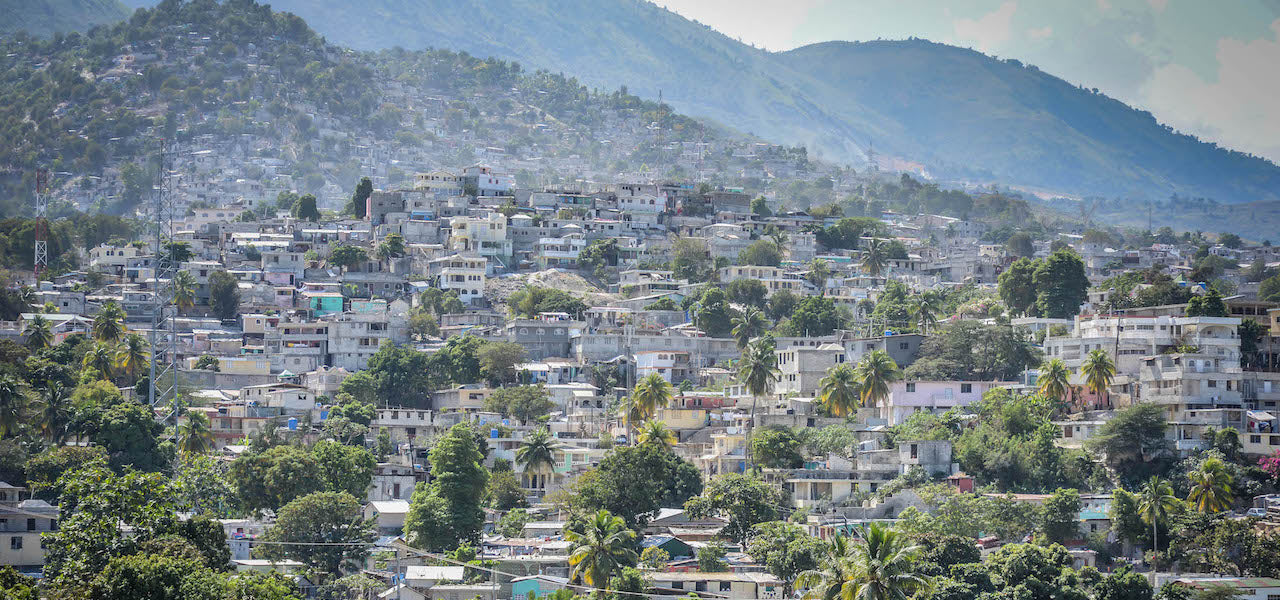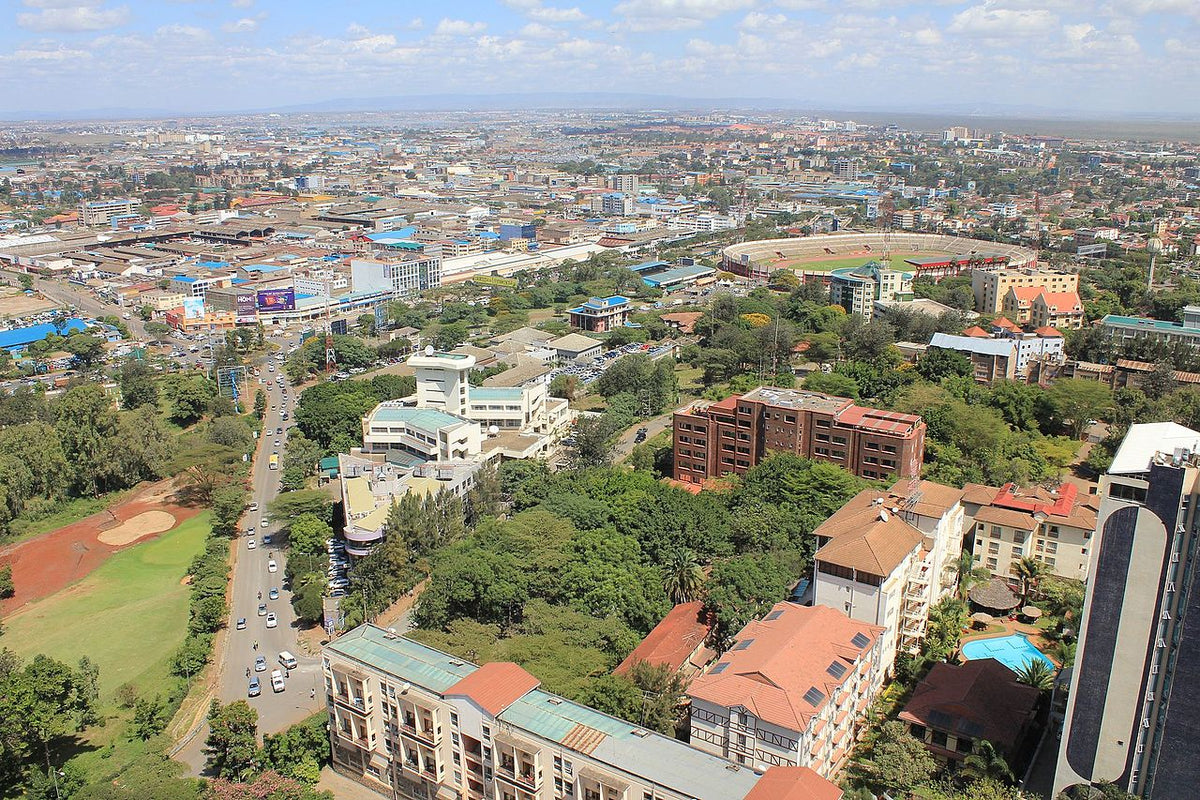Protests (Manifestations) in Haiti

In recent weeks we have received many questions and concerns about the recent protest (locals call them Manifestations) in Haiti. What do those mean for Haiti as a whole and what does that mean for our artisans specifically? A goal of this post is not to sensationalize what has gone on in Haiti or somehow use it as a tool to convince you to buy more fair trade from Haiti. We simply want to provide some context into many of the other new stories, Facebook posts, and videos that have portrayed Haiti in a light that we have never experienced.
The Economic Climate of Haiti
In Haiti, many people survive on less than $2 a day and those with jobs are obligated to take care of their family members and provide an income stream for their communities through their minimum wage job. A significant expense outside of food for many Haitians is transportation (taking a tap-tap to work or bringing their children to school on a motorbike).
What Caused the Protests?
One way that the Haitian government has historically provided support to the average citizens is by subsidizing the fuel prices in Haiti which has in turn kept transportation costs at a reasonable level. Due to a recent agreement with the IMF (International Monetary Fund), the government of Haiti was required to roll back those subsidies and invest that money into more long-term improvements into Haiti. They choose to do this very quickly, announcing a 38-51% increase almost overnight.
The Protests
For many Haitians, the government has promised long-term solutions in the past and failed to deliver. Many saw the short-term impact of a loss of transportation to work, the inability for their children to attend school, and ultimately less money for basic necessities such as food and clothing. The answer...let the government know that things were not going to work out. When democracy is a very loose term in Haiti, protesting is one of the most effective options for letting their voices be heard. Protestors hit Haiti where it hurt, shutting down roads around the airport and damaging hotels and markets in the more well-off neighborhoods of Port-au-Prince. And in all honesty, the protests were effective. Just one day later the prime minister of Haiti put a temporary pause on the increases and within weeks he resigned.
What Now?
We've talked with several of our artisans and artisan groups and it is apparent that the violence of the manifestations in Haiti is not symbolic of the average Haitian. Many were very frustrated by the fuel hikes but did not see violent protests as the answer. During our trips to Haiti, we have seen both the beauty of the country and the kindness of the average person. Through this entire time, we have chosen to keep that in mind when we think of the island nation, instead of the media emphasized actions of some radicals who had to choose between going to work in the morning or feeding their child. As peace has begun to settle, we are continually committed to creating living wage jobs that empower communities from the bottom up.
Leave a comment
Comments will be approved before showing up.
Also in News

The Basics of Swahili




